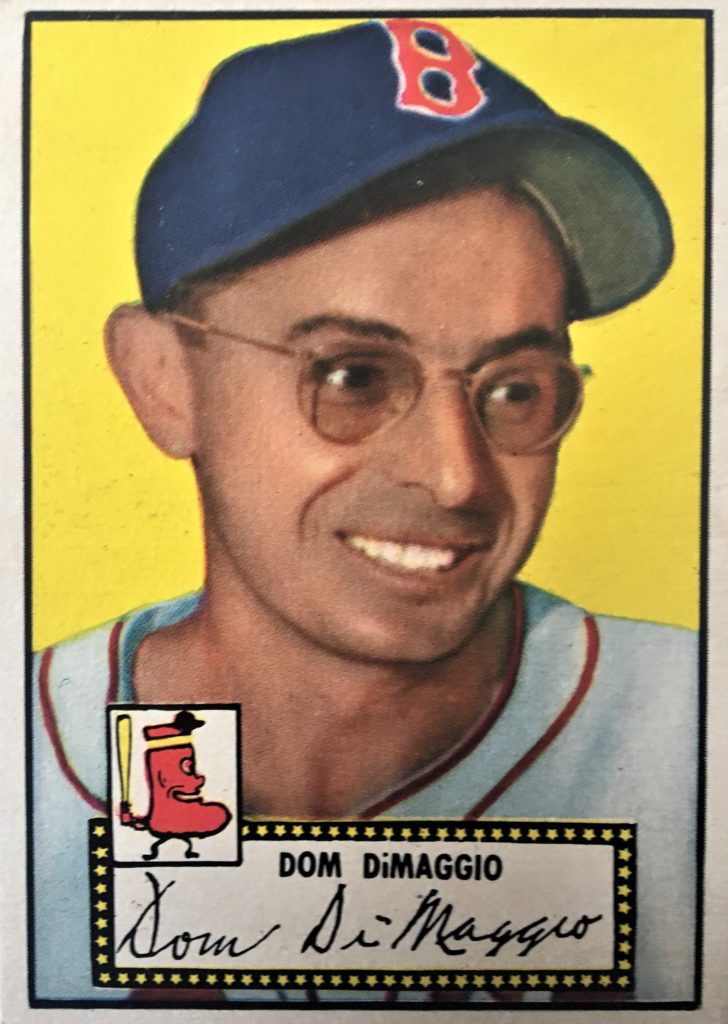
“I found $35.00 sitting in front of me on the street in a newspaper,” former Red Sox great and brother to Joe, Dominic DiMaggio once told me. “I took it home to mother, gave it to her, and thought she would be very pleased. She got almost teary-eyed and felt very badly because she felt it was someone’s weekly salary.
“I believe I learned a very strong lesson from that — your happy that you made a gain, but you made the gain at somebody’s expense.”
A recent study reminded me of the DiMaggio story.
An experiment took place over three years, “possibly the largest real-world test,” The New York Times reports (June 21), “of whether people behave honestly when given incentives not to…”
As first reported in the journal Science, “Civic honesty is essential to social capital and economic development, but is often in conflict with material self-interest.
“We examine the trade-off between honesty and self-interest using field experiments in 355 cities spanning 40 countries around the globe. We turned in over 17,000 lost wallets with varying amounts of money at public and private institutions, and measured whether recipients contacted the owner to return the wallets.
“In virtually all countries citizens were more likely to return wallets that contained more money…. Additional data suggest our main findings can be explained by a combination of altruistic concerns and an aversion to viewing oneself as a thief…”
“The wallets, transparent business card cases with contents instantly visible,” the Times writes, contained three business cards with a male name common to that country (Dimitri Ivanov for Russia, Tono Hendrianta for Indonesia, Peter Kihiga for Kenya). The American names were Brad O’Brien, Brett Miller or Connor Baker.
“Each business card listed an email address and identified the man as a freelance software engineer so people wouldn’t try contacting employers.
“Each wallet also contained a key and a handwritten grocery list in the native language: milk (or a locally analogous drink), bread, pasta (or rice or noodles), bananas. Some wallets had no money inside; some had $13.45 in local currency, adjusted to a comparable value for each country.
“Research assistants walked into post offices, hotels, police stations, banks, museums or similar places, approached someone at the reception desk and said ‘Hi, I found this on the street around the corner.” They slid the wallet toward the person, saying “Somebody must have lost it. I’m in a hurry and have to go. Can you please take care of it?’ …
“On average,” The Times reports, “40 percent of people given cashless wallets reported them, compared with 51 percent of people given wallets with money.
“Researchers were surprised. But then they ran the experiment again in three countries (Poland, the United Kingdom and the United States), adding ‘big money’ wallets containing $94.15. The difference was even starker. Way more people emailed to return the wallets with the larger amount: 72 percent compared with 61 percent of people given wallets containing $13.45 and 46 percent of people given cashless wallets.
“Why?
“ ‘The evidence suggests that people tend to care about the welfare of others and they have an aversion to seeing themselves as a thief,’ said Alain Cohn, a study author and assistant professor of information at the University of Michigan. People given wallets with more money have more to gain from dishonesty, but that also increases ‘the psychological cost of the dishonest act.’ ”
Finders keepers, losers weepers? According to the study, not for most of us.
Comments
Leave a Comment
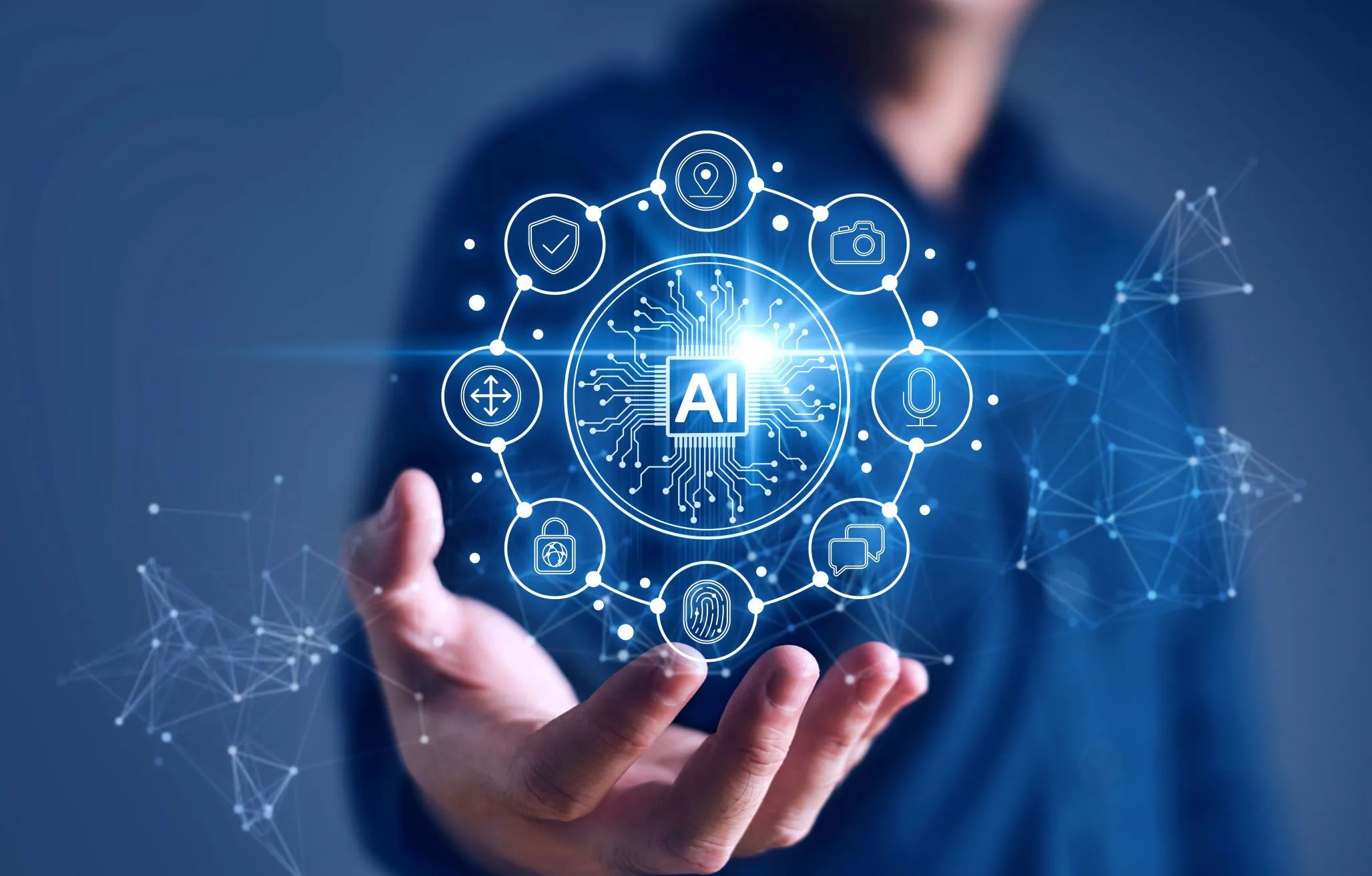
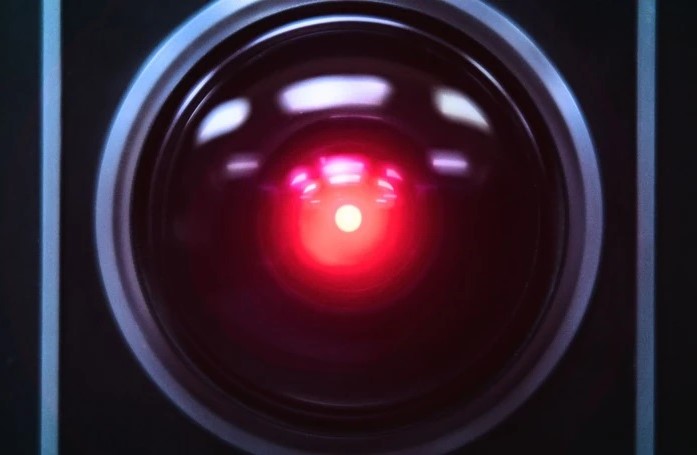
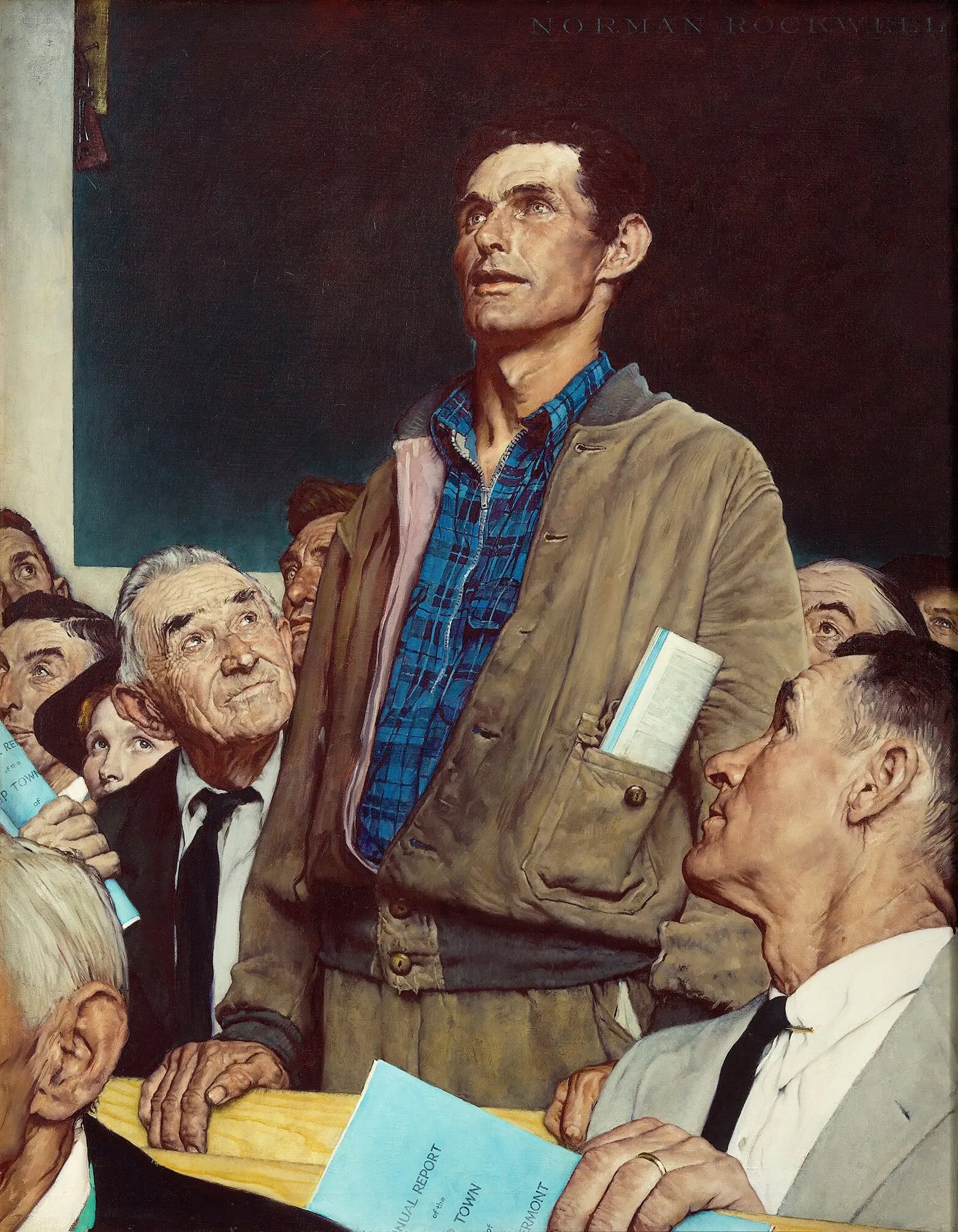
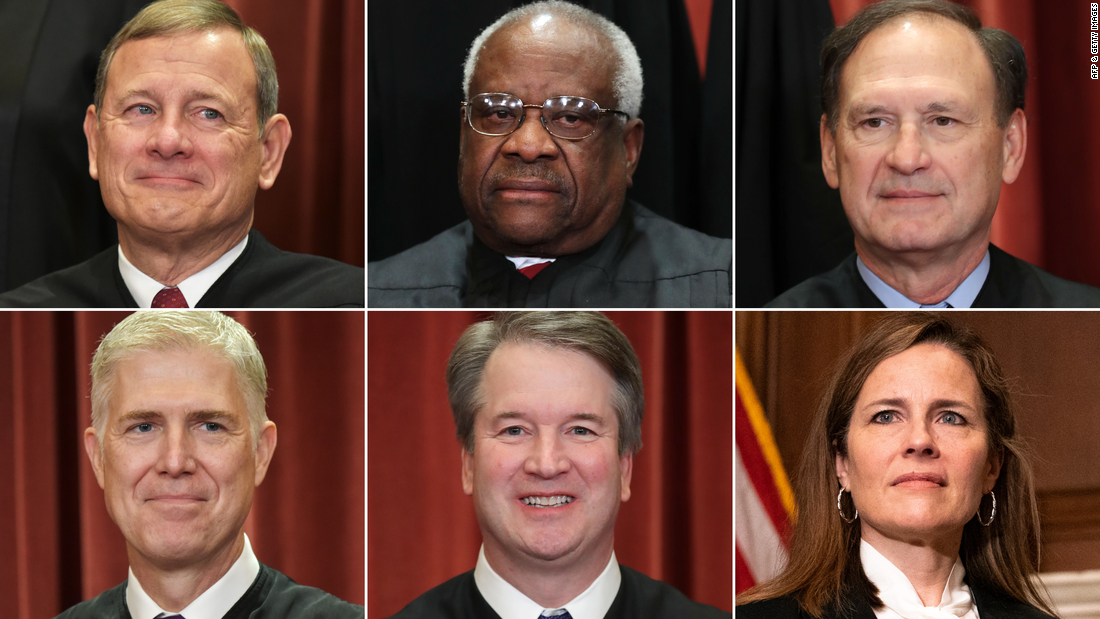
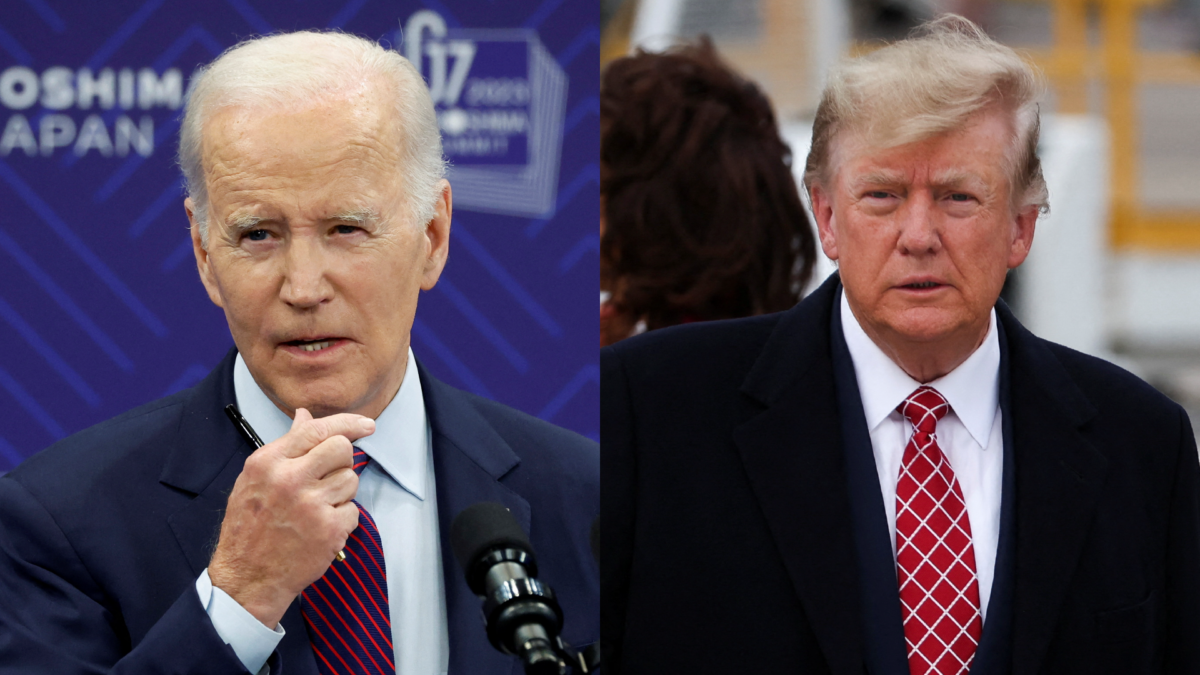
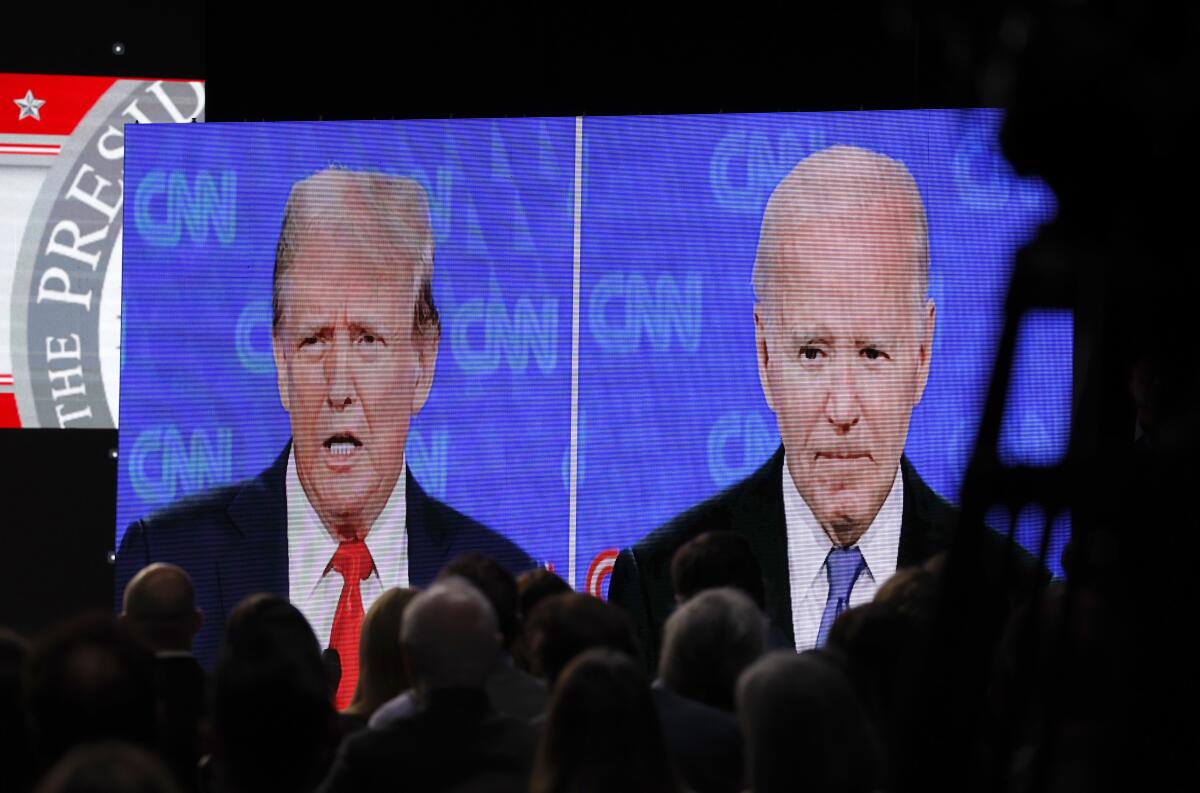
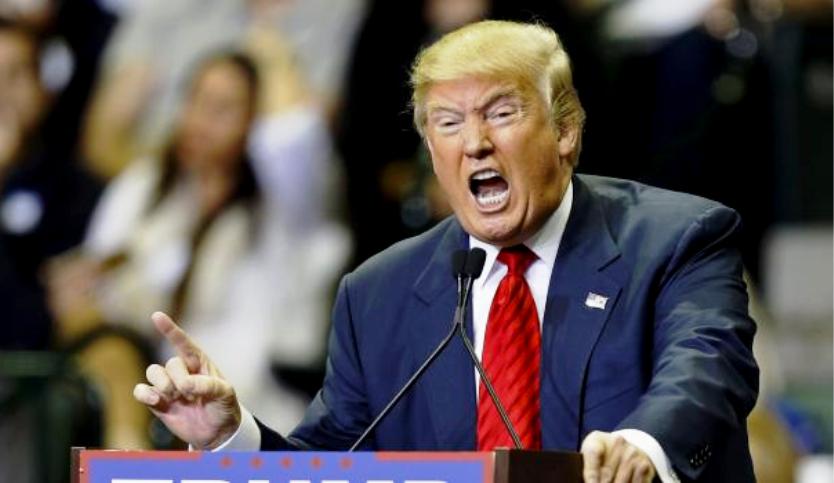
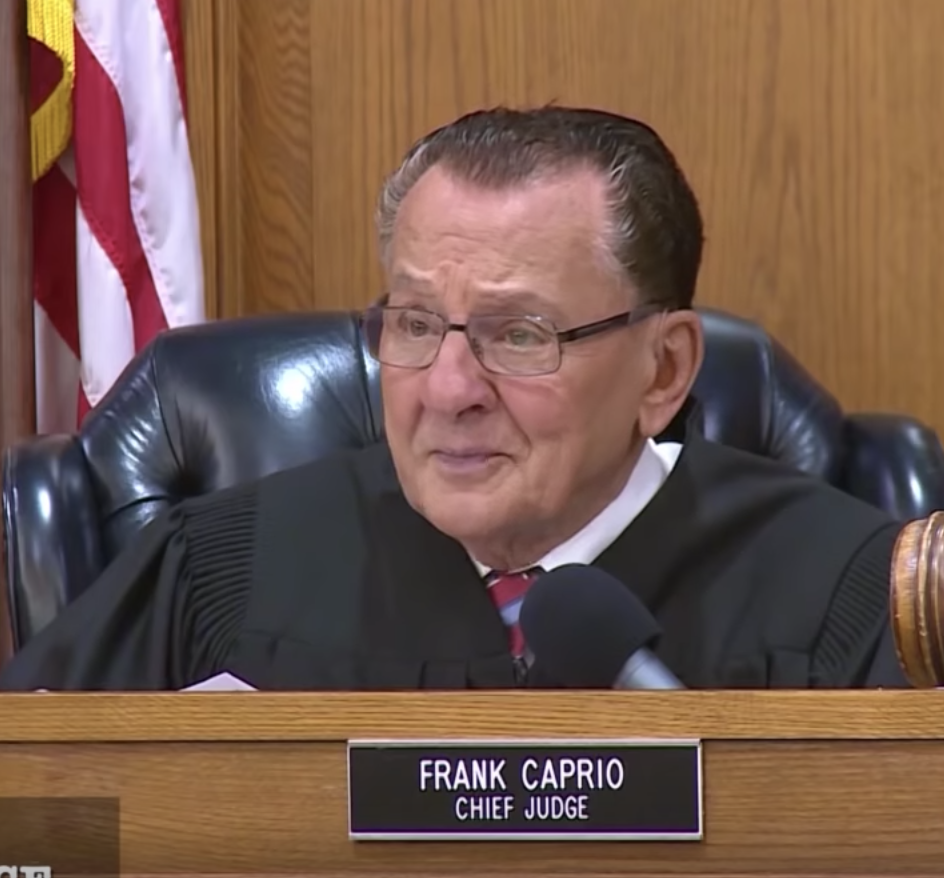
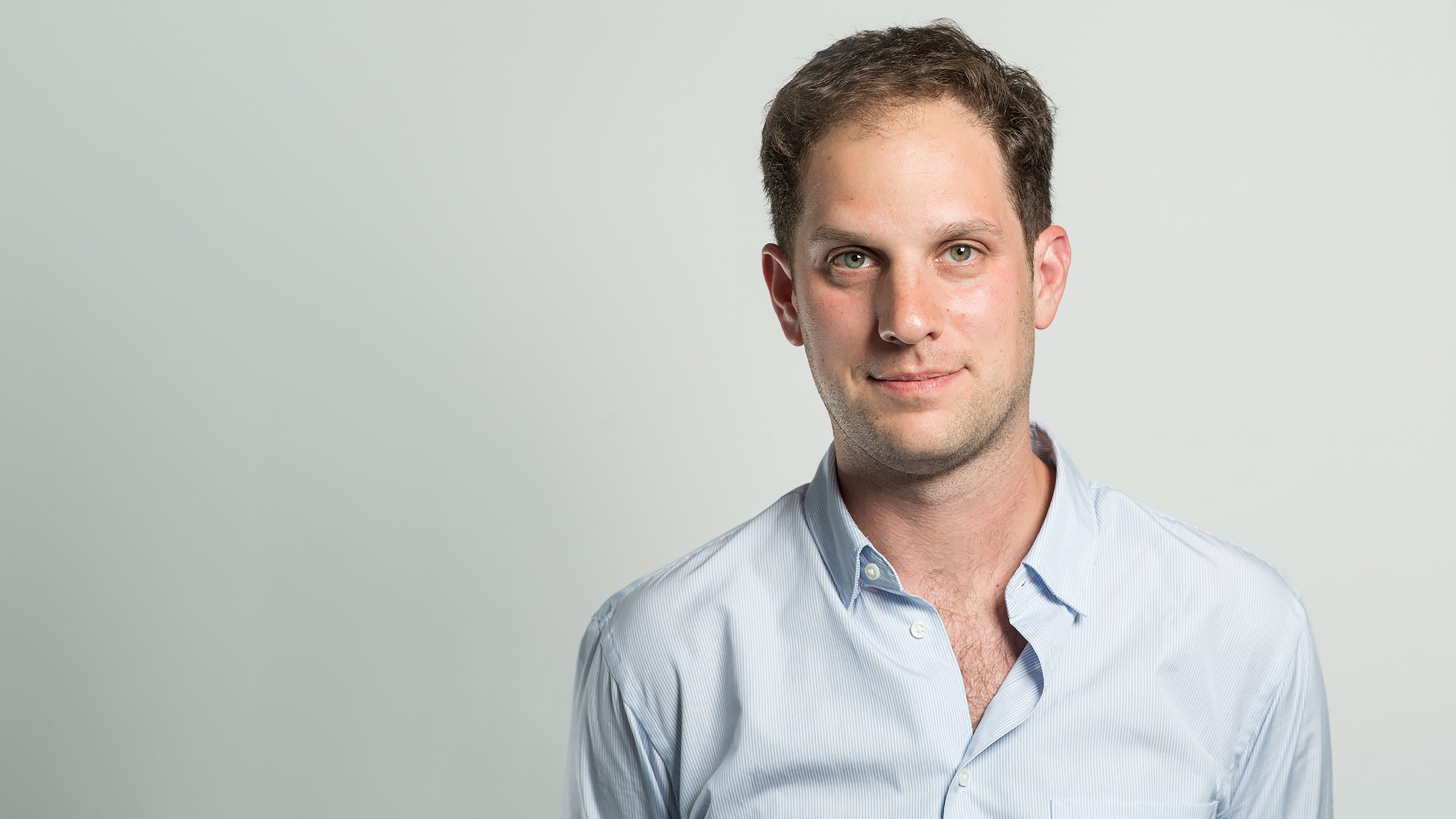



Wow very interesting study. I was in local grocery store a week ago, and a gentleman came up to me with a wallet wondering if it was mine. I said no, but jokingly said how much cash is in it he said $500.00. I watched the man go and ask everyone in the store. So I definitely believe this study.
Great article once again Jim.